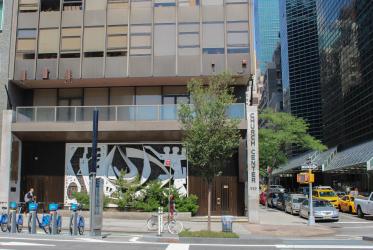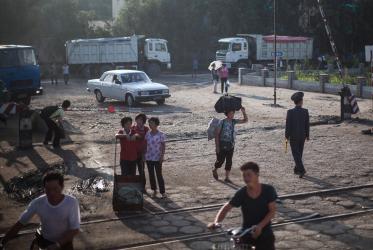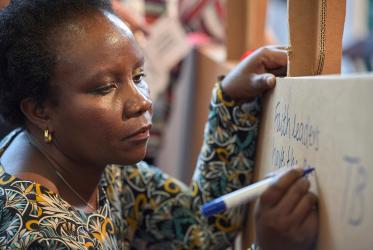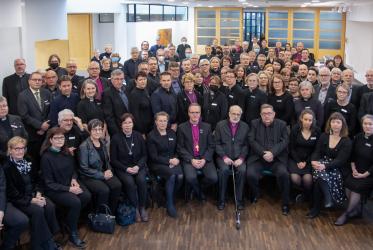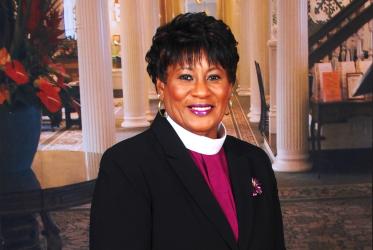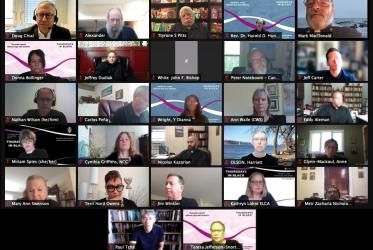Displaying 1 - 20 of 153
09 February 2024
In New York City, the spirit of Thursdays in Black is thriving
06 October 2022
Unity is key when health crisis poses new challenges in Asia
28 February 2022
“Bathroom ministry” for the homeless
14 December 2021
Climate crisis fuels existing water injustice
27 October 2021





